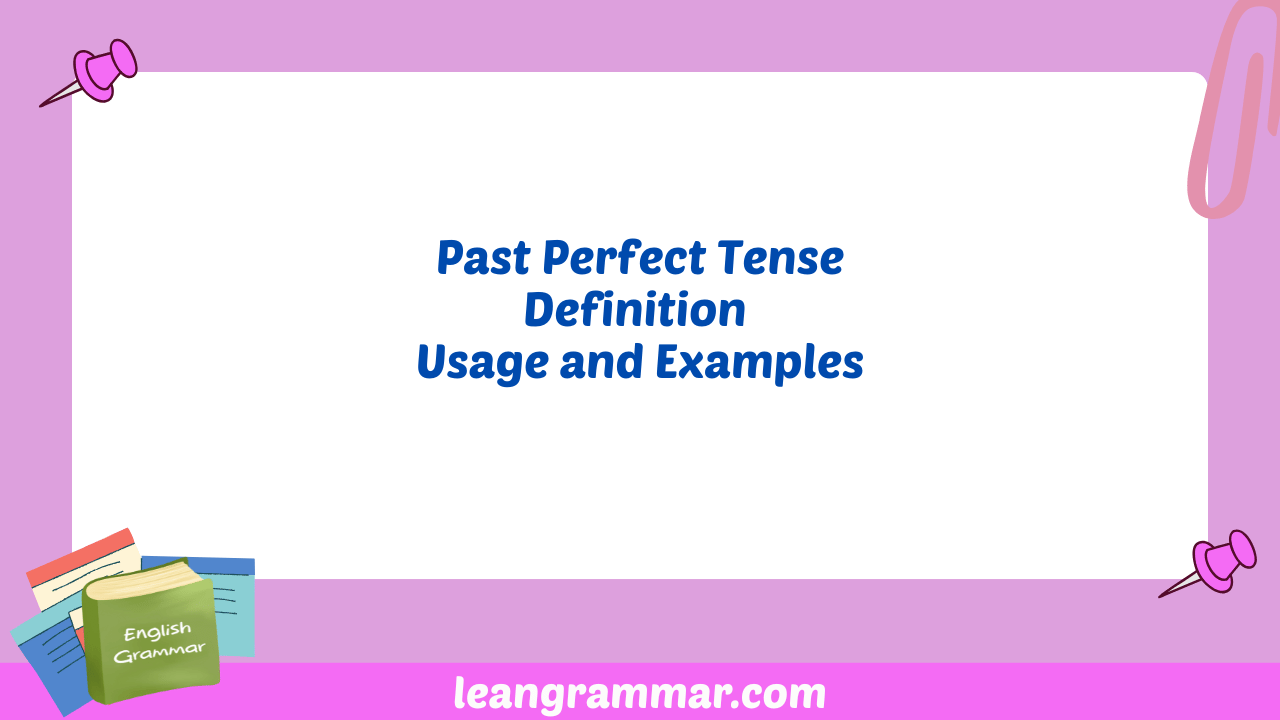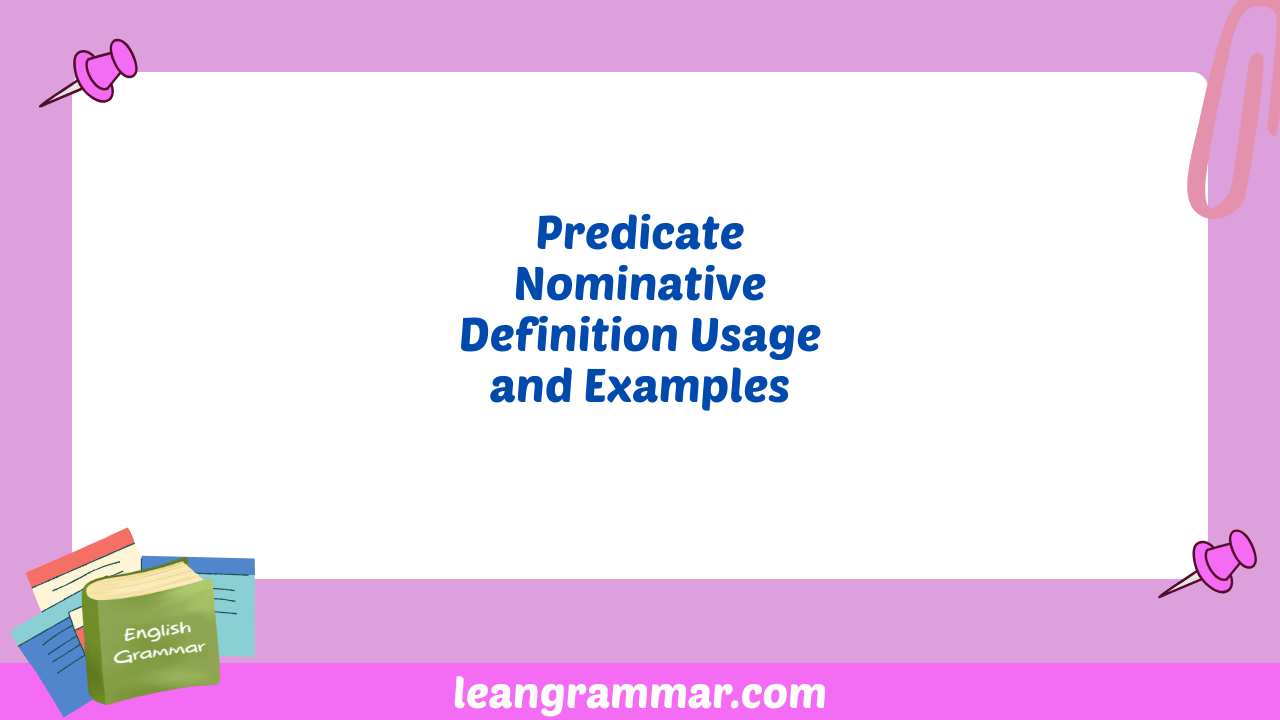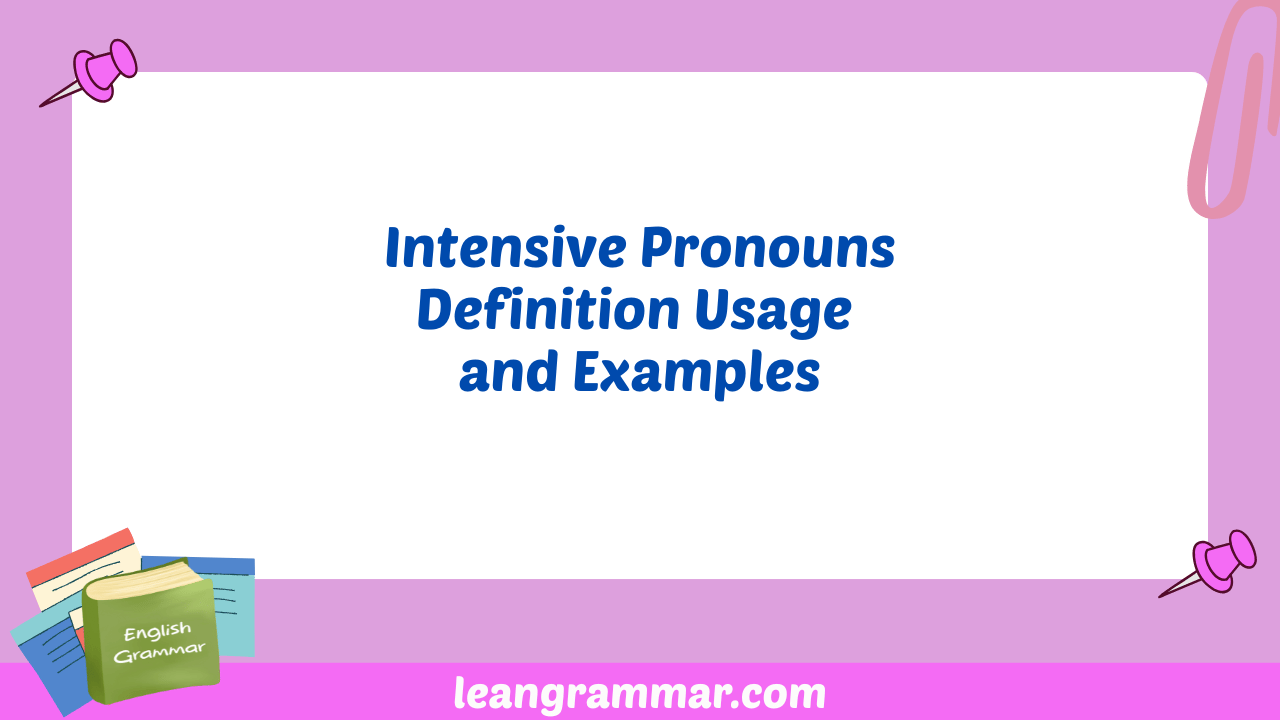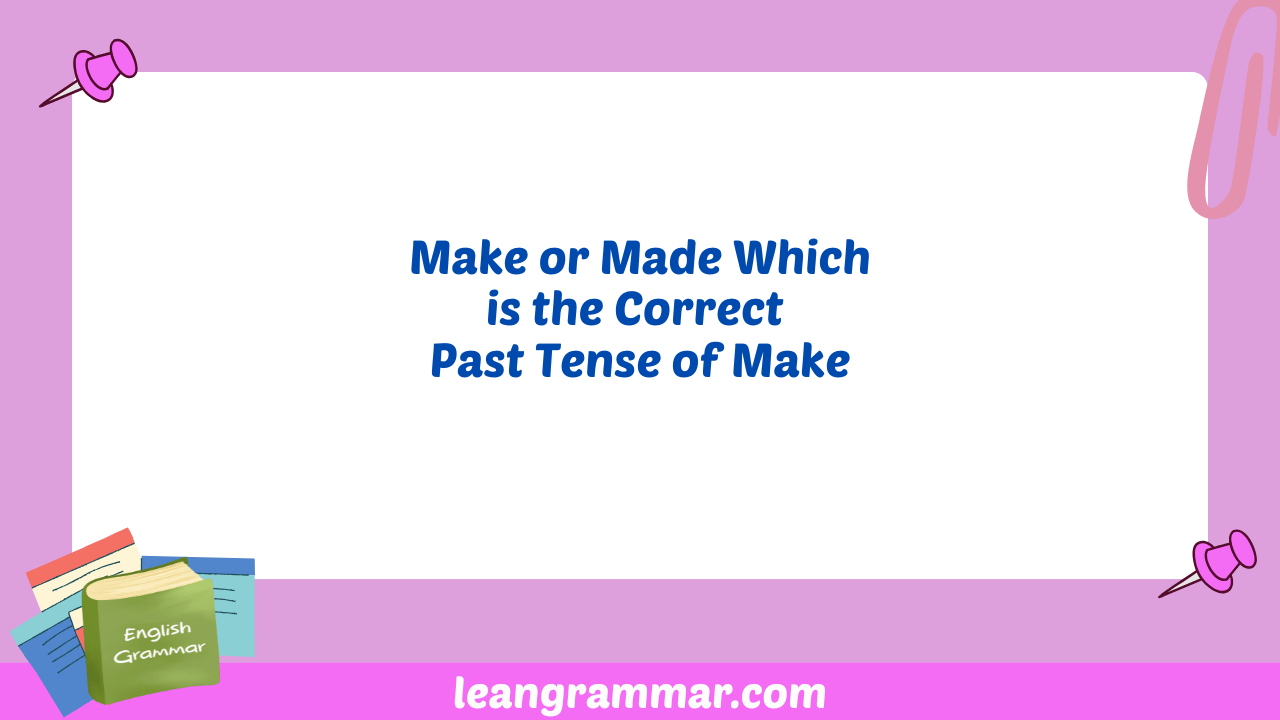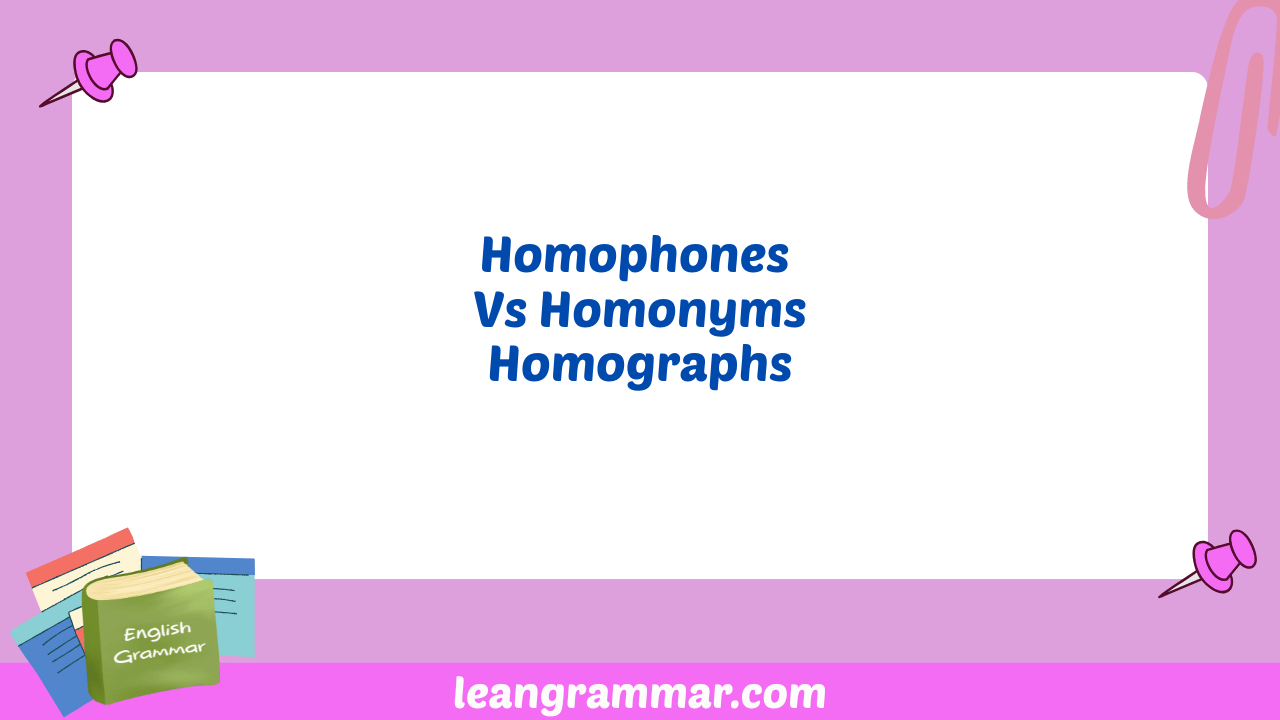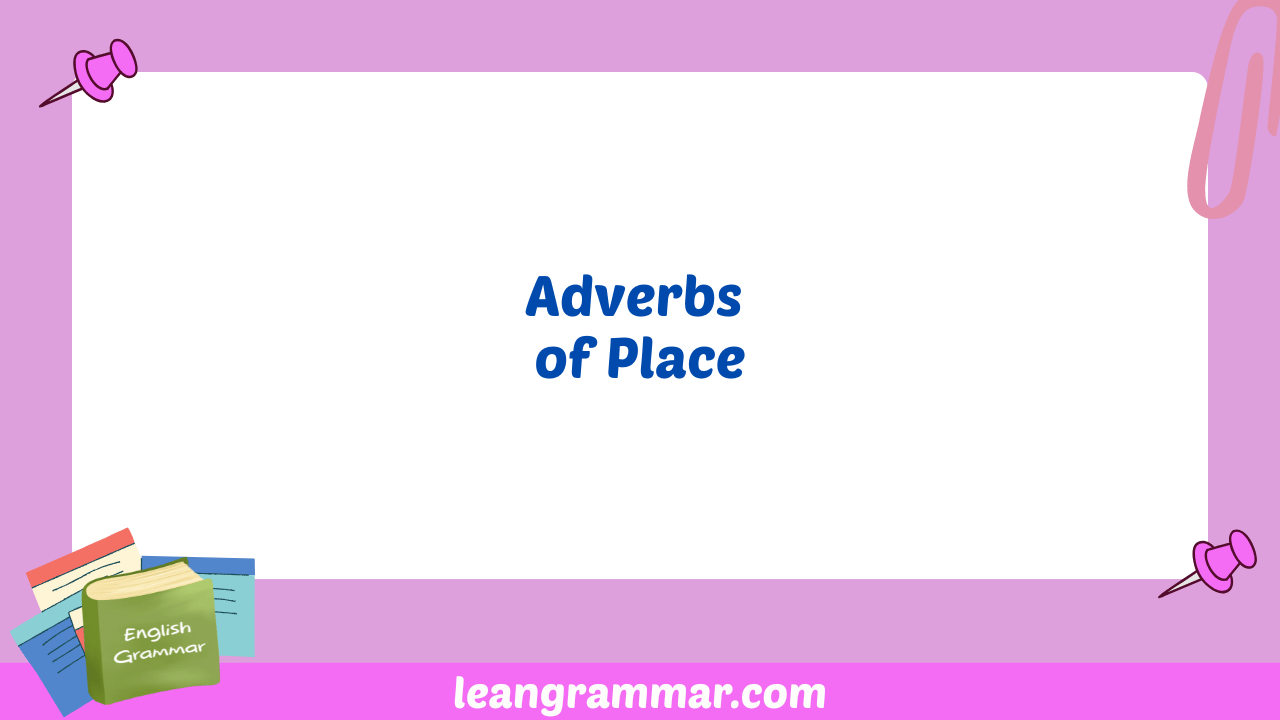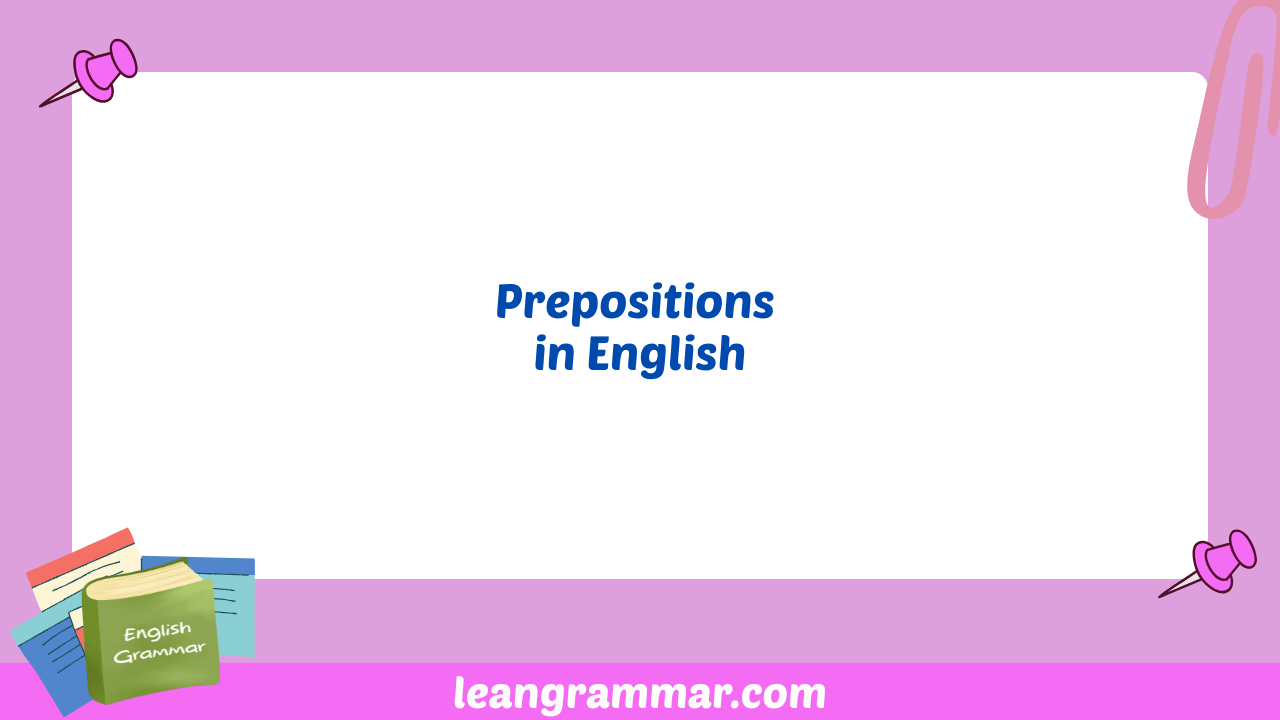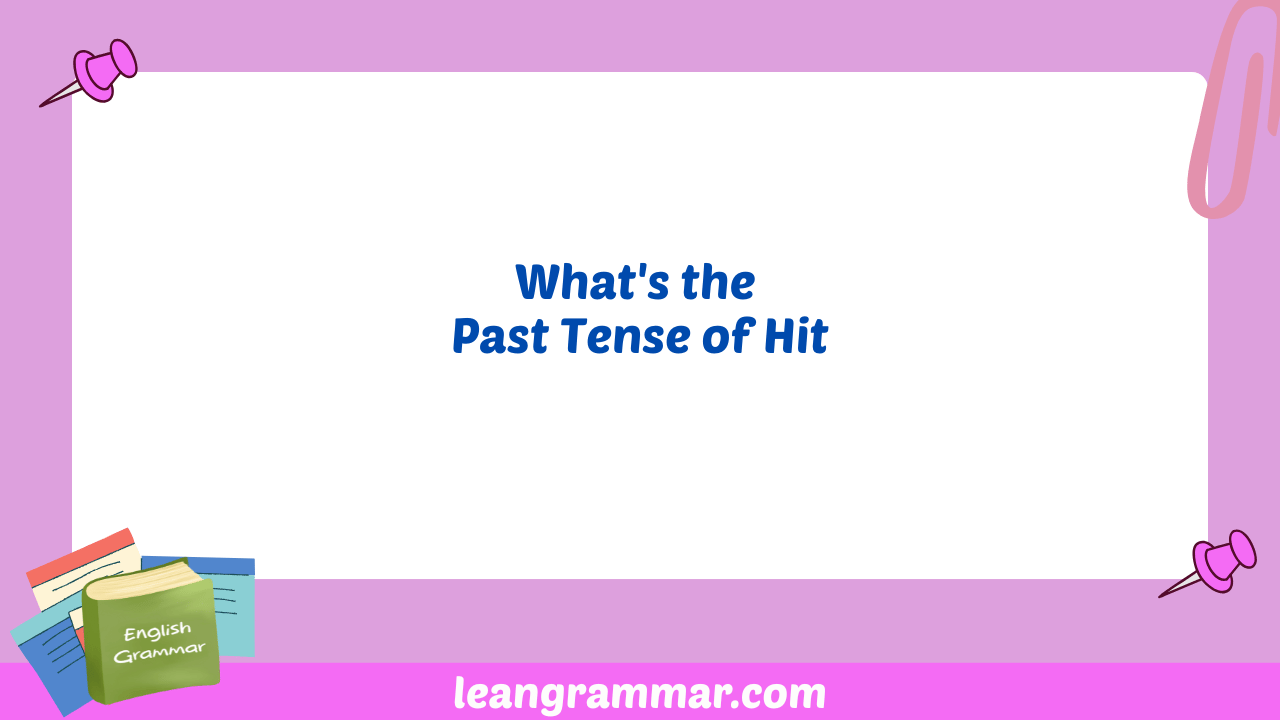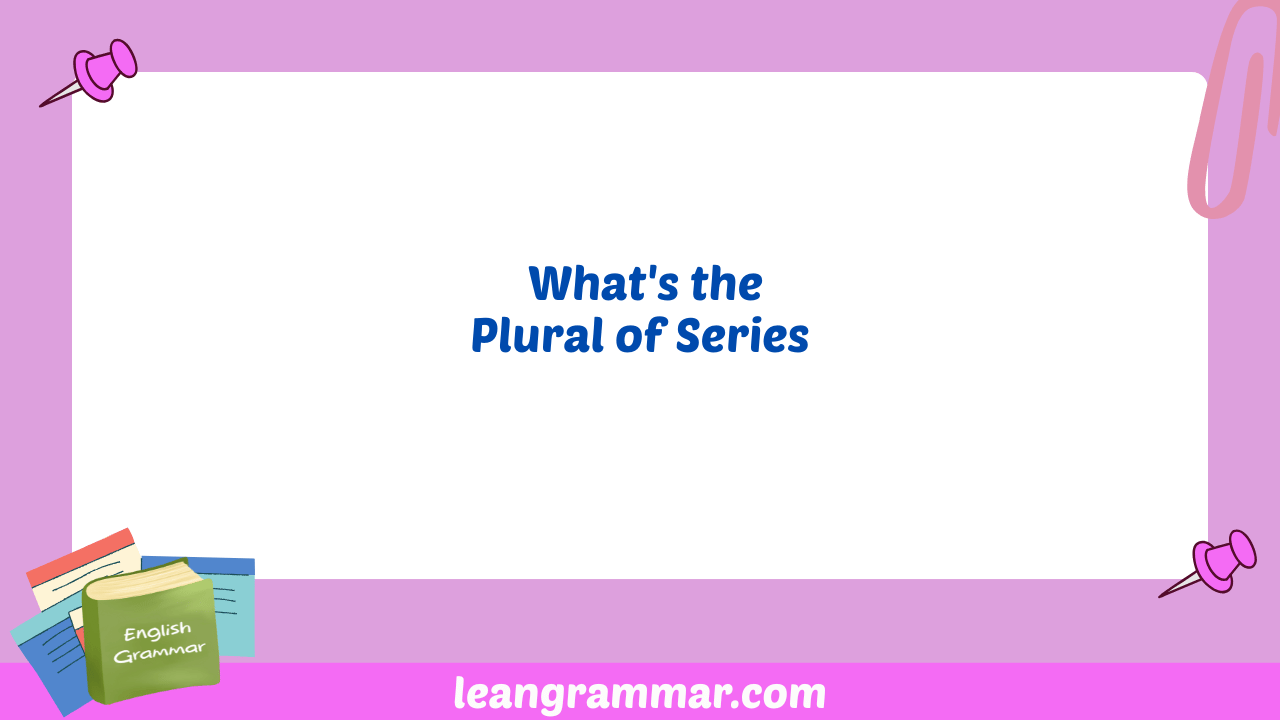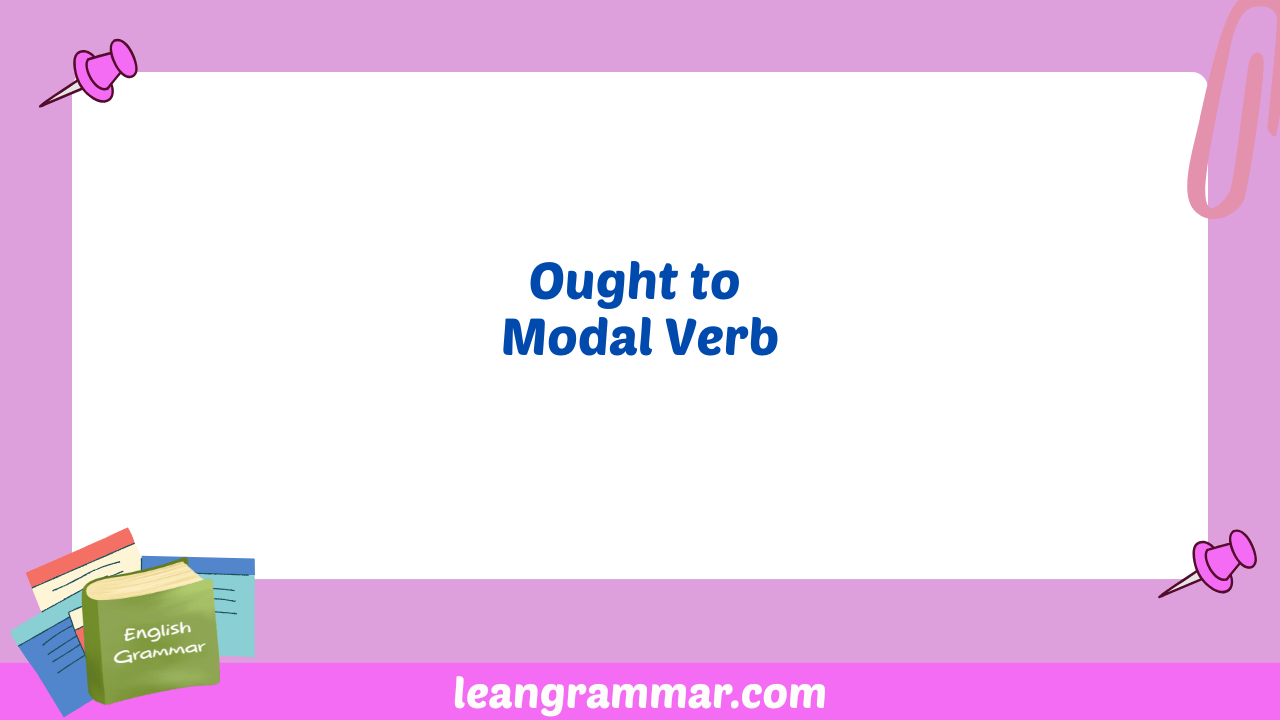Mastering the Past Perfect Tense: Definition, Usage, and Examples
The past perfect tense is a crucial aspect of English grammar, allowing us to express actions that were completed before another point in the past. A strong understanding of this tense enhances your ability to convey complex sequences of events and clarify the timeline of past actions. Mastering the past perfect tense refines your writing … Read more
